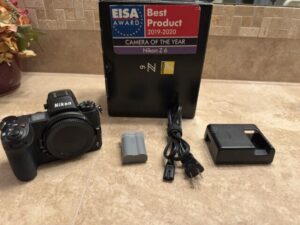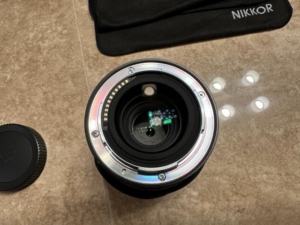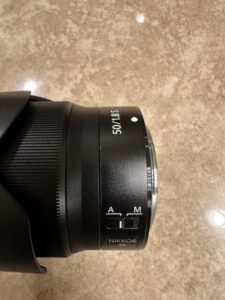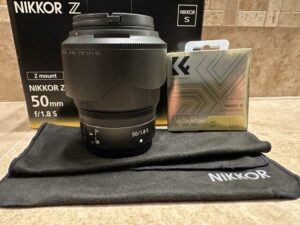Speaker: Kevin Schindler Lowell Observatory
Topic: Edwin Hubble
Abstract: The presentation will cover the life of Edwin Hubble and his contributions to astronomy.
Bio: Kevin Schindler is the Public Information Officer and Historian at the Lowell
Observatory. Kevin has recently completed an Astronomer in residency at the
Grand Canyon. Kevin is also an author and has written not only about the
Lowell Observatory and it accomplishments but the history of Flagstaff and the
Grand Canyon. Kevin has presented to our club before.
New Room: Agave (down the hall from old location)
5:30 Astro Imaging Meeting
7:00 General Meeting



